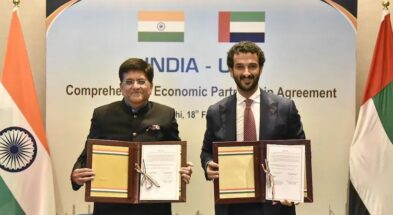Migration is a complex phenomenon that affects adults and children differently but in similar ways. The process’s experience depends significantly on the surroundings of the migration, which determines, to a large extent, the pace of adaptation and the individual’s well-being. Ethnicity, family relations, attitudes toward migrants, and discrimination are some factors that shape children’s lives and have an impact on their future.
Migration has the potential of being both positive and negative experiences for children. Diasporic children share the everyday experience of having a family that originated in another country and lived in another country with a different culture, religion, and language. Children typically come sooner and more intensely in contact with the host country’s culture than their parents. It happens due to school education, which provides them greater exposure to the new culture and enables them to learn the new language and customs more quickly than their parents.
Many studies have shown that parental involvement and intervention have positive outcomes for the school performance of migrant children, their emotional state, social integration and family life. Parents must encourage children to adapt to the new culture even if they want the tradition at home to be maintained to some extent. Mastery over the mother tongue helps to gain proficiency in a second language. Researches show that good mother tongue skills positively influence children’s school performance in bilingual children. Language proficiency skills and parental support help children to feel more secure and self-confident in a foreign environment they are not accustomed.
Further, it leads to greater social, school and community integrations which are essential factors in developing a sense of belonging in children. Integration in schools is vital to avoid the risk of isolation and discrimination from the community. It has psychological and physical outcomes, including depression, anxiety, more stress levels, and lower self-esteem. Suppose such aspects are taken due care of. In that case, migration is a process that shapes children into individuals who are more capable of overcoming challenges, building connections across the globe, less judgemental and more tolerant to change, difference and accepting of others.



















